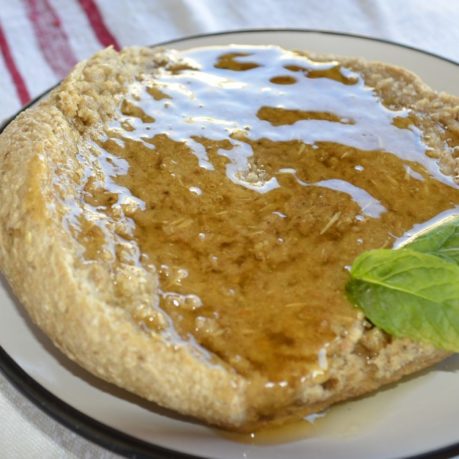It happens to everyone, both those who exercise and to those who don’t. Olive oil is the defense.
When the body's oxygen consumption increases, which happens, for example, during exercise, the body produces molecules called reactive oxygen species (ROS). Free radicals are a type of reactive oxygen species. Reactive oxygen species are not harmful at low levels, because of the body’s ability to inactivate them and repair the damage they cause, through antioxidant defense mechanisms. But once the balance between ROS production and normal antioxidant defenses is upset, oxidative stress occurs, that is, high levels of toxic molecules damage cells and their components, such as proteins, lipids and DNA. Oxidative stress can lead to inflammation and damage to tissue functions, and can be the basis of disease.
Exercise causes oxidative stress in the body, but also activates its normal antioxidant defense, depending on the exercise intensity and duration. In low intensity and duration training, the body's antioxidant defenses can counteract ROS production, but as the intensity and / or duration increases, these defenses no longer suffice, and this may lead to oxidative damage. Regular, long - term training can push the body to evolve, enhancing its antioxidant response against oxidative stress. As a result, experienced athletes suffer lower levels of damage than those who do not train regularly. [1]
Interesting fact: Olive oil polyphenols and Vitamin E prevent oxidative stress from affecting physical performance.
The body's response level is influenced by factors such as age, training status and diet. A safe and secure way for those exercising to help their body activate its antioxidant mechanisms, but also to receive an “extra” boost to their health against diseases and injuries, is a smart diet, rich in natural antioxidants, as part of their training regime.
Olive oil can be their best friend in this endeavor, as it contains polyphenols and a significant amount of vitamin E that perform antioxidant functions in the body, prevent oxidative stress and minimize the damage caused by free radicals during intense workouts, where the body consumes a lot of oxygen. Of course, this type of diet can benefit both those who exercise and those who don’t in dealing with oxidative stress. [2]








